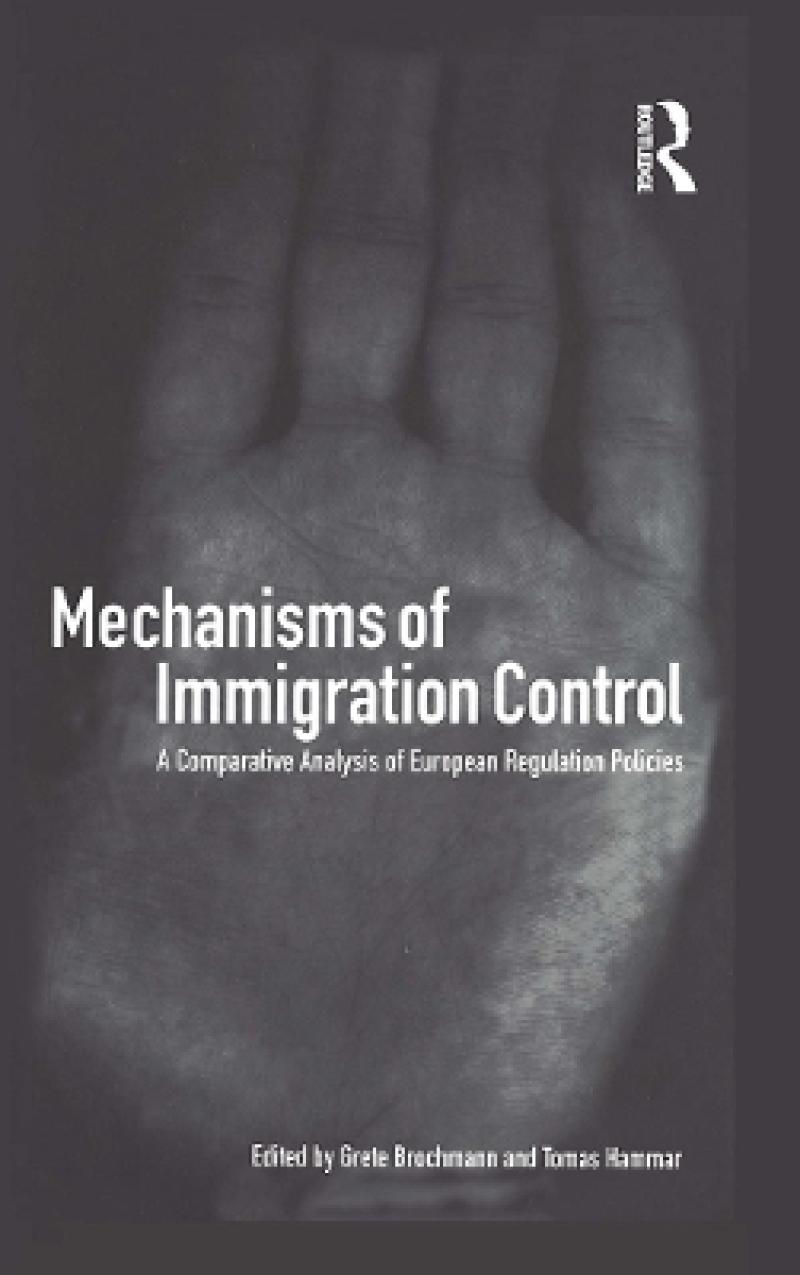Perhaps the most vexing question facing Europe today is what to do about asylum seekers and people in search of work who arrive daily, some escaping nations where poverty and persecution are, for them, facts of life. Given its costs - both human and economic - immigration policy has understandably become a highly politicized issue. With the abolition of internal borders within the EU, new controls are needed to stop immigration and to prevent non-citizens from working illegally. New external policies are being used, such as early warning systems and visa controls, with the long-term aim of reducing emigration from poor and war-ridden nations. Europe has also intensified its control of internal aliens. But there are limits to how tight a control can be made without violating the norms and values of the democratic state, where human rights should be valid for citizens and non-citizens alike. However, free immigration is not in the interests of the European states. It might undermine labour and housing markets, make planning impossible, and alter the preconditions for welfare states. This timely book addresses the politics and mechanisms of immigration control in Europe in an effort to unravel its complexities and propose sensible solutions. It covers recent events, including racist and populist party politics, as well as changes in the international setting, such as the development within the European Union and Schengen, and the recent refugee crisis in the former Yugoslavia. It will be essential reading for anyone interested in immigration studies, European politics, international relations, anthropology and sociology.
Les mer
